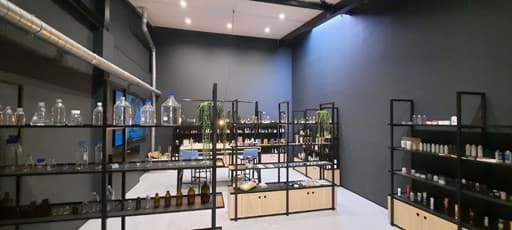Glass is a great packaging material for both oral applications and injection preparations, among other things because of its:
- excellent chemical resistance
- impermeability to gases
- resistance to heat and thermal shock
- ease of cleaning, sterilising and depyrogenising
Is glass inert?
Contrary to what is generally assumed, glass is not inert. Glass is made in three different grades, based primarily on the hydrolytic resistance of the glass (see e.g. Standard Procedures ISO 719):
- Type IL: Borosilicate glass
- Type II: Soda-lime glass (with an inner surface treatment)
- Type III: Soda-lime glass
As a general indication, Type I and Type II glass in particular are used in the production of human and veterinary preparations for injection, while type III glass is suitable for oral preparations. See also types of glass
Glass corrosion
To avoid glass corrosion (diffusion-controlled leaching (ion exchange) and hydrolytic glass-network decomposition), glass types with a higher hydrolytic resistance are used.






